Shortly after President Donald Trump sided with Russian President Vladimir Putin over claims of interference in the 2016 presidential election, former Congressman Joe Walsh announced that he'd officially broken away from the man whose presidency he'd once so fervently supported.
"I cannot & will not support a traitor," Walsh wrote in a message posted to his Twitter account.
Although Walsh had criticized President Trump a fair amount in recent months, it was a startling about-face for a man who once called for armed insurrection in the event Trump lost the presidential election to Hillary Clinton, his Democratic opponent.
President Trump issued his statements after face-to-face talks with Putin in the Finnish capital of Helsinki.
"President Putin says it's not Russia. I don't see any reason why it should be," he responded after he was asked if he concurred with the findings of U.S. intelligence agencies that Russian operatives launched unprecedented cyberattacks on the democratic process.
The news blindsided other members of the Republican Party, including Senators Jeff Flake (AZ) and Lindsey Graham (S.C.).
Former CIA Director John Brennan, one of the president's more impassioned critics, said the press conference "exceeds the threshold of 'high crimes & misdemeanors.'"
The press conference dominated the news cycle. This was quite the feat, particularly when Trump's earlier comments undermining the European Union––he named the E.U. when asked to identify his “biggest foe globally right now"––exacerbated tensions during an already chaotic week for international diplomacy.
Although President Trump has often insisted that Special Counsel Robert Mueller's federal investigation is a "witch hunt" and that he is the target of a partisan smear campaign orchestrated by Democrats, his comments––particularly after his hotly contested meeting with Putin––are especially jarring given what we’ve learned from an indictment that the Justice Department released Friday afternoon. The indictment reveals that, in 2016, Russian operatives attempted to hack Hillary Clinton’s private email server––the same day that Trump infamously requested that the Russians do just that.
The indictment details that “on or about July 27, 2016, the Conspirators attempted after hours to spearphish for the first time email accounts at a domain hosted by a third-party provider and used by Clinton’s personal office.”
In announcing that the Justice Department charged 12 Russian intelligence officers with offenses related to the hacking of the Democratic National Committee’s emails, Deputy Attorney General Rod Rosenstein to, as NPR notes, “unite against foreign influence in the American democratic process.”
“In my remarks, I have not identified the victims,” Rosenstein said. “When we confront foreign interference in American elections, it is important for us to avoid thinking politically as Republicans or Democrats and instead to think patriotically as Americans. Our response must not depend on who was victimized.”
The BBC reports that Trump "visibly seemed happier with Mr Putin's assurances than he did with the evidence of his own intelligence agencies" at the press conference and that "he even welcomed Mr Putin's suggestion that Russia could join the investigation and interview the alleged perpetrators itself!"
Putin, for his part, described the Helsinki meeting as "candid and useful."
When asked to elaborate on whether tensions between the U.S. and Russia––tensions which have only heightened since Moscow invaded Ukraine and annexed Crimea in 2014––would ease, Putin appeared optimistic.
"President Trump's position on Crimea is well known. He talks about the illegality of the Crimean reintegration to Russia. We have another point of view... that a referendum was held in accordance with international law. For us, it's a closed question," he said.


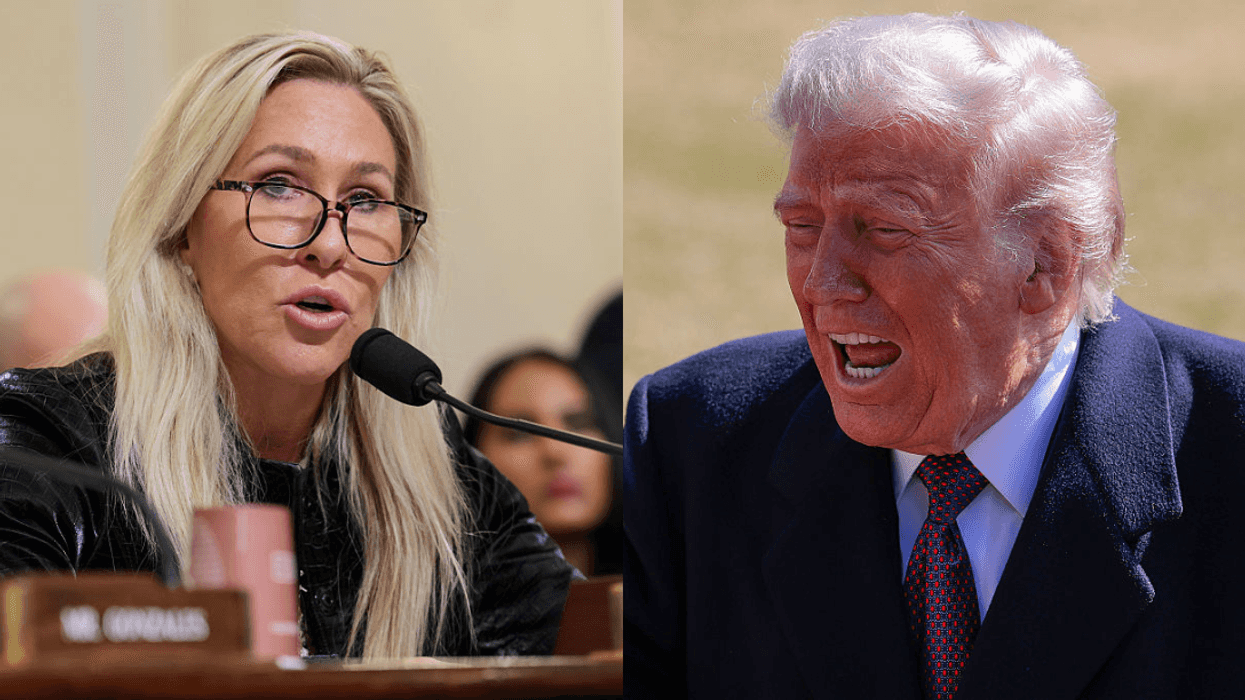



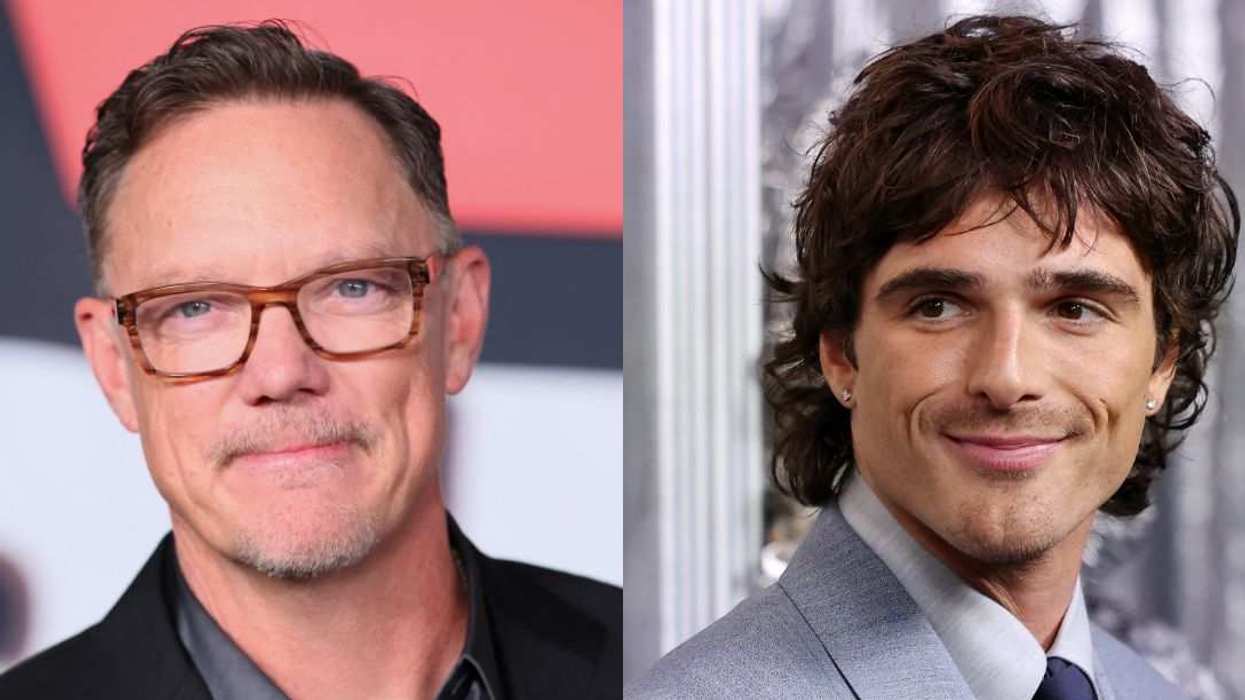






 Reset Era
Reset Era r/WorkReform/Reddit
r/WorkReform/Reddit r/WorkReform/Reddit
r/WorkReform/Reddit Reset Era
Reset Era Reset Era
Reset Era r/WorkReform/Reddit
r/WorkReform/Reddit Reset Era
Reset Era r/WorkReform/Reddit
r/WorkReform/Reddit Reset Era
Reset Era r/WorkReform/Reddit
r/WorkReform/Reddit Reset Era
Reset Era Reset Era
Reset Era r/WorkReform/Reddit
r/WorkReform/Reddit Reset Era
Reset Era r/WorkReform/Reddit
r/WorkReform/Reddit Reset Era
Reset Era r/WorkReform/Reddit
r/WorkReform/Reddit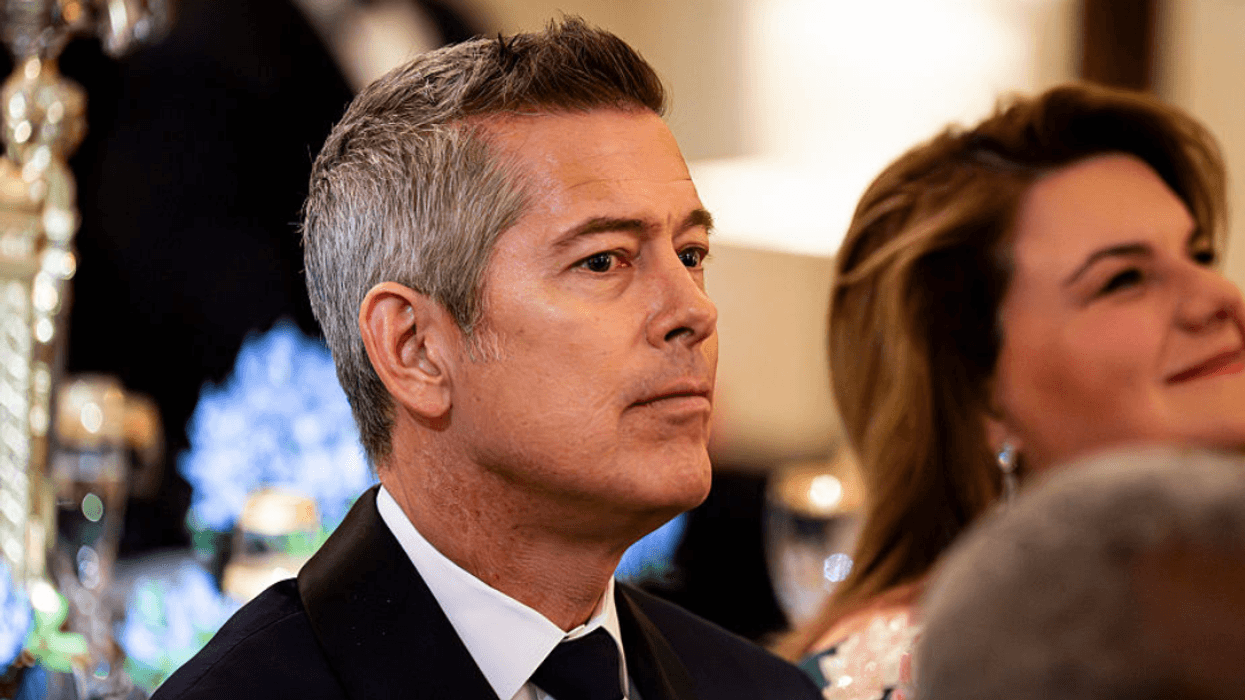
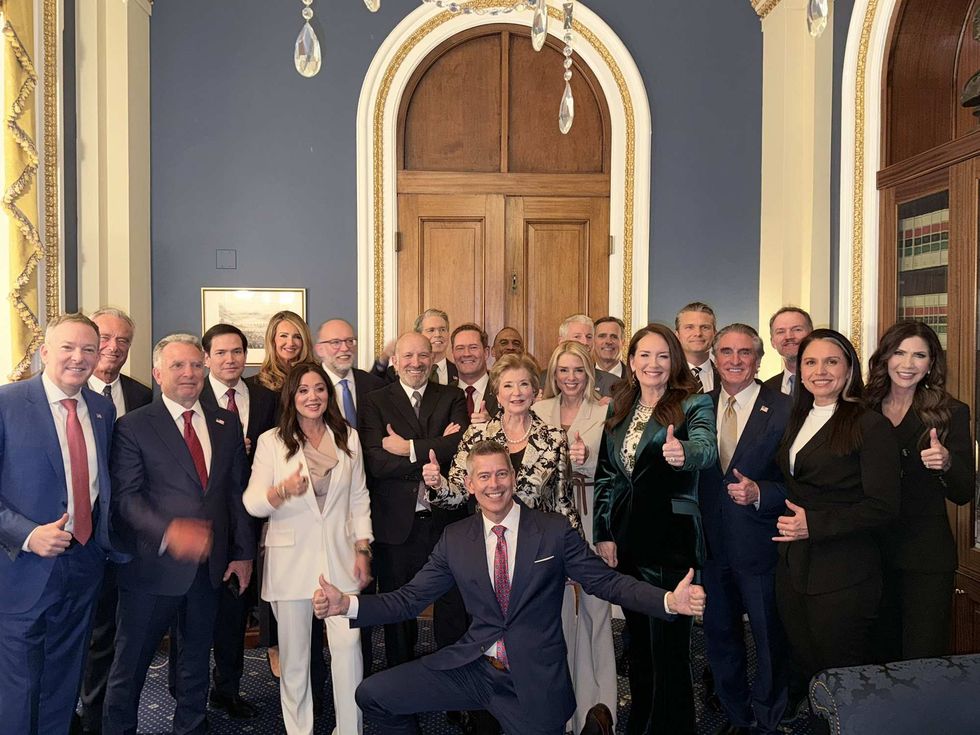 @SecDuffy/X
@SecDuffy/X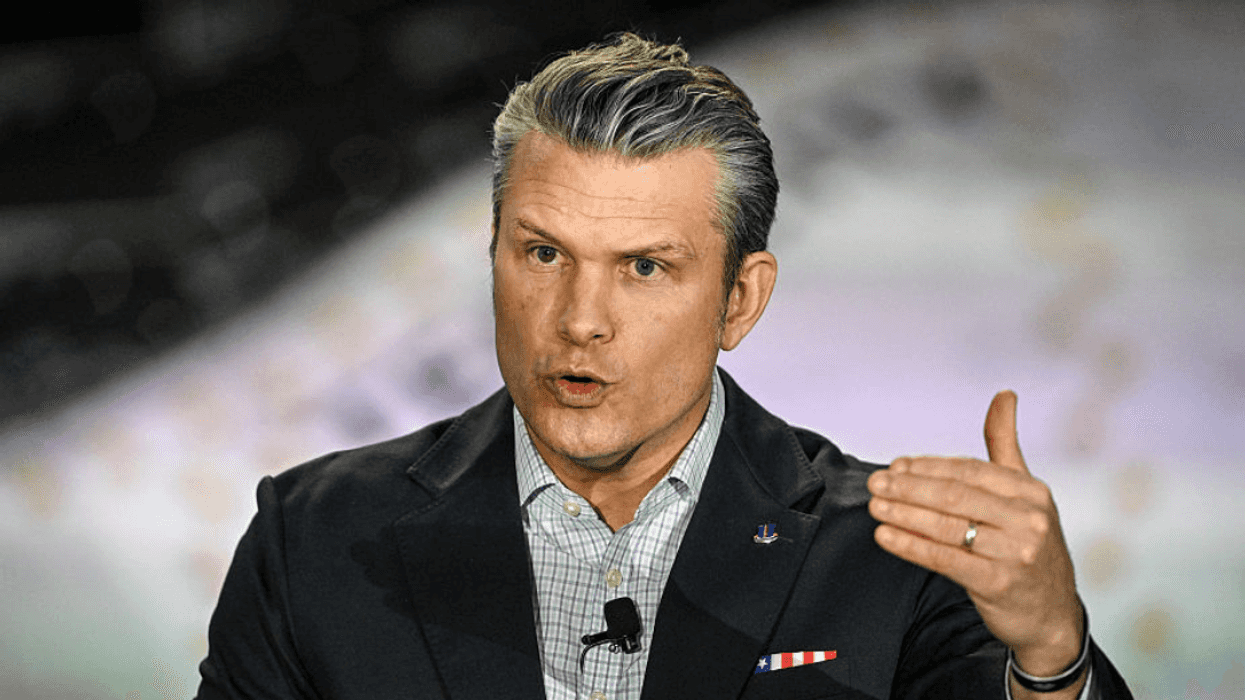
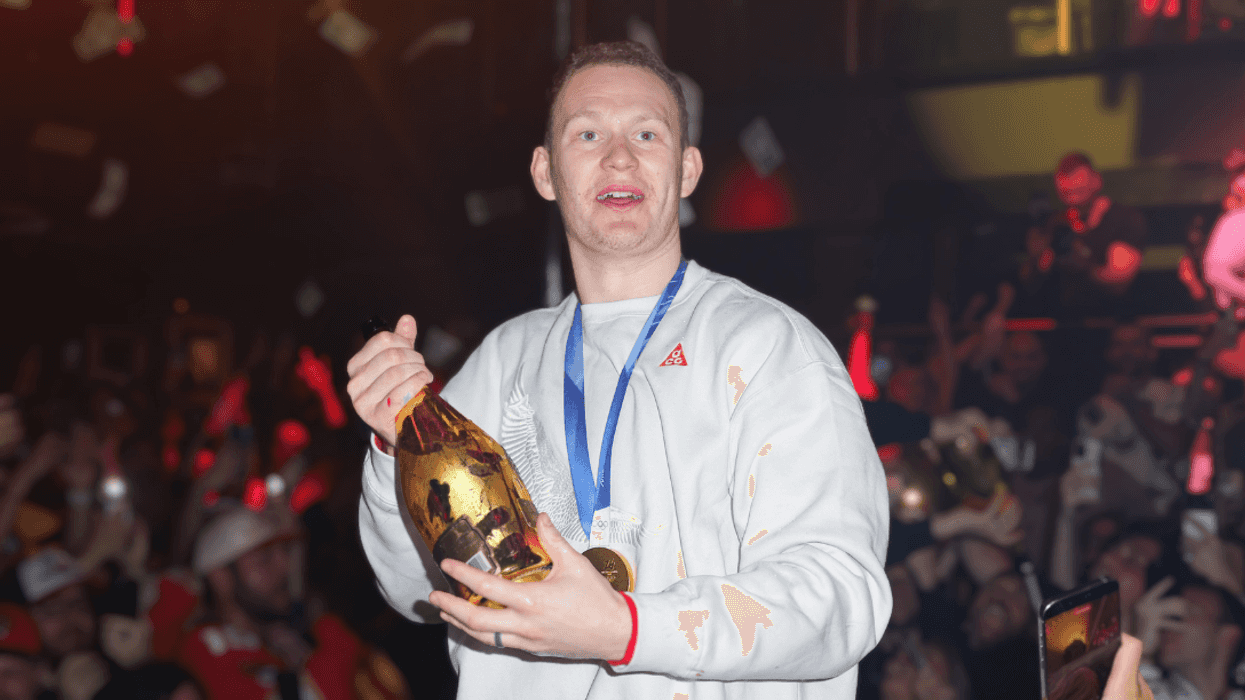
 @WhiteHouse/TikTok
@WhiteHouse/TikTok @WhiteHouse/TikTok
@WhiteHouse/TikTok @WhiteHouse/TikTok
@WhiteHouse/TikTok @kevdsmith/X
@kevdsmith/X